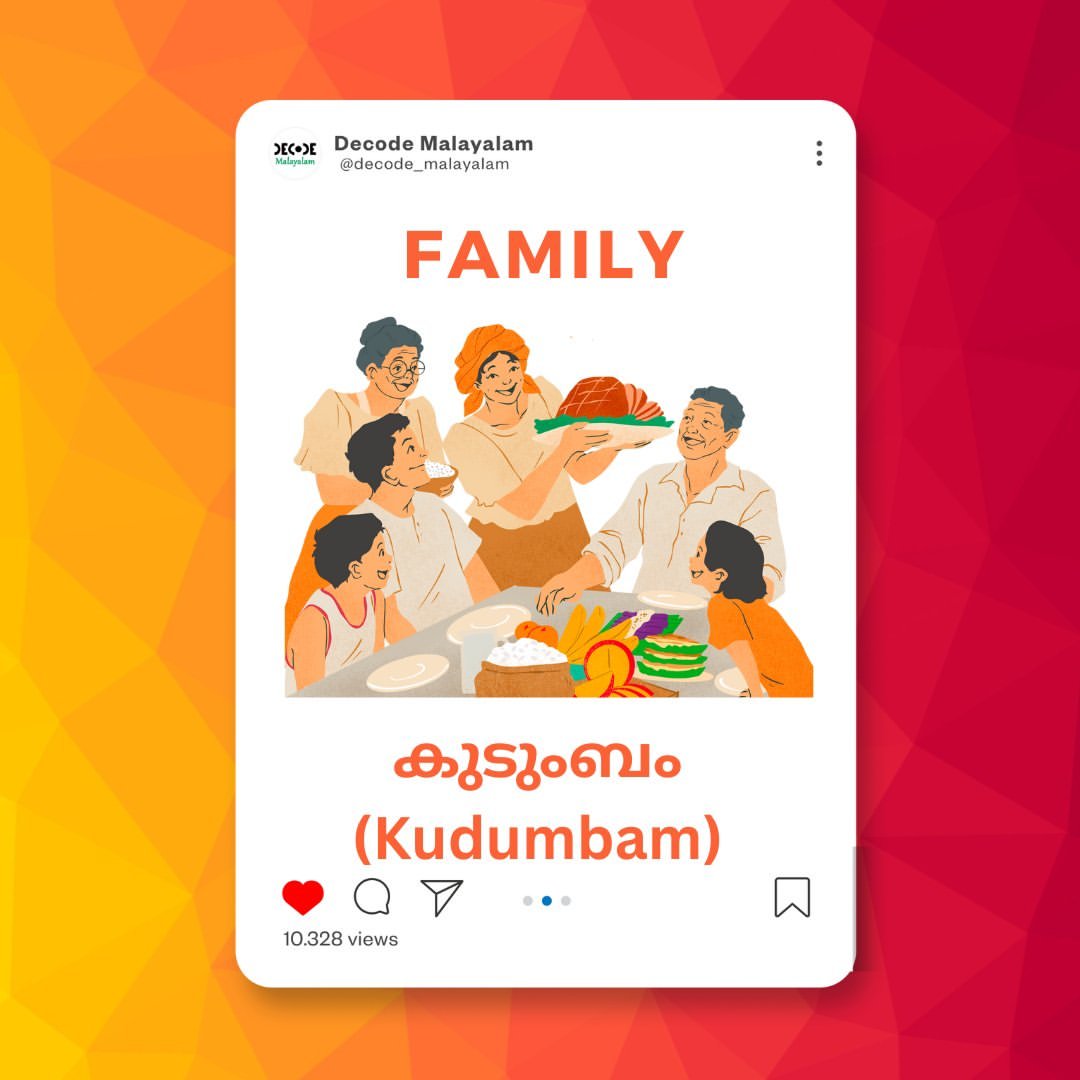அரிய தமிழ் பழமொழிகள் – Tamil Proverbs: A Guide to Wisdom and Language
Welcome, language enthusiasts and curious minds! If you are on a journey to learn Tamil, you’ve come to the right place. Beyond just words and grammar, understanding a language’s culture and wisdom is key to true fluency. Tamil proverbs, known as **பழமொழிகள் (Pazhamozhigal)**, are a treasure trove of this cultural wisdom. They are short, pithy sayings that convey a profound truth or a piece of advice, often derived from centuries of observation and experience.
In this comprehensive guide, we will explore a wide range of Tamil proverbs, categorized by their themes. For each proverb, we will provide the original Tamil text, a literal English translation, and a contextual meaning. This will not only help you expand your vocabulary but also give you a deeper insight into the Tamil way of life and thought. As you read through these proverbs, you’ll find parallels in your own language, highlighting the universal nature of human wisdom. Let’s dive in and enrich your language learning journey!
Understanding the Structure of Tamil Proverbs
Tamil proverbs are often simple yet powerful. They use everyday imagery and relatable situations to get a message across. For those of you learning Tamil, paying attention to the words and their individual meanings in each proverb will be a great exercise. You can also refer to our other guide, “Learn Tamil Through English”, for more fundamental concepts.
The beauty of a proverb lies in its ability to summarize a complex idea in a few words. This section will help you understand how they are formed and how to use them correctly in a conversation.
Part 1: Proverbs on Hard Work and Effort
Hard work and perseverance are highly valued in Tamil culture. Many proverbs emphasize the importance of putting in the effort to achieve success.
Meaning: This proverb highlights that the rewards of labor might not be immediate. The person who works hard today will reap the benefits tomorrow. It’s a testament to the principle of “sowing and reaping.”
Meaning: A direct and powerful proverb that states that persistent effort is the key to prosperity and success. It is a very popular proverb used to motivate people.
Meaning: This is a call to seize opportunities. Just as a farmer must winnow their grains when the wind is favorable, one should make the most of an advantageous situation when it presents itself.
Meaning: It means don’t waste your effort or emotions on someone who is unfeeling or on an unchangeable situation. Your efforts will not yield any results.
Meaning: This proverb means that something of little value can be considered a great treasure in the absence of anything better. It talks about the relativity of value.
Part 2: Proverbs on Wisdom and Knowledge
Wisdom is revered in Tamil culture, and many proverbs focus on the importance of learning and common sense.
Meaning: This is a warning to not get into a situation or make a decision without proper knowledge and consideration of the consequences. It’s a call for carefulness and planning.
Meaning: A classic proverb that humbles the learned person. It means that no matter how much you know, there is always an infinite amount more to learn. It encourages continuous learning and acknowledges the vastness of knowledge.
Meaning: This is a famous couplet from the Thirukkural. It emphasizes the importance of patience and tolerance, comparing it to the earth’s ability to withstand being dug up and still provide for life.
Meaning: This proverb underscores the importance of seeking out and associating with wise people, as their knowledge and insights will positively influence and uplift you.
Meaning: This proverb warns against incomplete knowledge. It suggests that a little bit of knowledge can be dangerous, especially in critical situations. It advocates for expertise and complete learning.
Part 3: Proverbs on Relationships and Society
Proverbs often reflect social dynamics, family values, and how people interact with each other.
Meaning: This proverb signifies that while family ties are strong, each individual has their own needs, opinions, and desires. It’s a reminder that everyone is an independent entity.
Meaning: This proverb is a reminder that to do anything, you must have the basic necessities or the right foundation. For instance, to be successful, you must have good health.
Meaning: A proverb about the cyclical nature of life. It means that fortune is not permanent. Even a small or insignificant person (like a cat) will have their moment of glory, just as a powerful person (like an elephant) has theirs.
Meaning: This emphasizes the importance of early learning and character building. A habit or character trait that is not developed in youth will be very difficult to change in old age. It’s similar to the English proverb “You can’t teach an old dog new tricks.”
Meaning: This proverb warns that the person who brings ruin to a family or group is often one of them, from within the inner circle, not an outsider. It highlights the potential for betrayal from within.
Part 4: Proverbs on Money and Economy
Money and financial prudence are common themes, reflecting a pragmatic and wise approach to wealth.
Meaning: A straightforward proverb on financial wisdom. It advises against overspending and living beyond one’s means, as it will lead to no good.
Meaning: This is a very common proverb that means it takes two to tango. Conflict or a situation cannot be created by a single person; it requires participation from at least two parties. It also speaks to the importance of teamwork.
Meaning: This one is a classic and can be used in different contexts. In the context of money, it means to make and save money while you can, or to make use of opportunities to earn income when they arise.
Meaning: This refers to an extravagant or show-off person who may not have a lot of wealth but tries to show off as if they do. It’s a subtle mockery of superficiality.
Meaning: A basic principle of financial management. It’s a simple reminder to live within your means and ensure your earnings can cover your expenses.
Part 5: Proverbs on Patience and Waiting
Patience is a virtue in many cultures, and Tamil proverbs beautifully illustrate its importance.
Meaning: This proverb extols the virtue of patience, suggesting that it is a quality of immense and immeasurable value, surpassing even the vastness of the ocean.
Meaning: This is a warning against acting impulsively. It implies that people who rush into things often make mistakes due to a lack of careful thought and deliberation.
Meaning: This proverb means that things will happen as they are meant to, or that it is best to go with the flow. The “sickle” here refers to its natural curve and path, just as a river follows its course. It is about accepting the natural course of events.
Meaning: This proverb suggests that people will only target those who are successful and have something to offer. It is often used to describe how a successful person attracts both admirers and critics.
Meaning: A simple and universal proverb that highlights the value of time. It encourages people to use their time wisely and not waste it, as it is an invaluable resource.
Part 6: Proverbs on Health and Well-being
Tamil culture places a high value on health, and this is reflected in many proverbs that offer advice on well-being.
Meaning: This is one of the most famous health proverbs. It emphasizes that good health is the greatest form of wealth. Without health, all other riches are meaningless.
Meaning: This proverb highlights the importance of a healthy and balanced diet for maintaining good health and preventing illness. It is a cornerstone of traditional Siddha and Ayurvedic medicine.
Meaning: This is a modern take on an old idea, emphasizing the close link between physical and mental well-being. A healthy body often leads to a healthy mind.
Meaning: This proverb suggests a balanced daily routine for both intellectual and physical health. It recommends starting the day with learning and ending it with exercise.
Meaning: This is a traditional piece of advice on how to cool down the body, emphasizing the importance of head care in the tropical climate of Tamil Nadu.
Part 7: More Tamil Proverbs with Meanings
Here is a larger collection of popular Tamil proverbs to further enrich your learning. We encourage you to try and use these in your conversations.
அடிக்கடி கேட்கப்படும் கேள்விகள் (FAQs)
Tamil proverbs are called பழமொழிகள் (Pazhamozhigal). The word is a combination of பழம் (Pazham), meaning ‘old’ or ‘ancient’, and மொழி (Mozhi), meaning ‘language’ or ‘saying’.
Tamil proverbs are crucial for language learners because they offer a deeper understanding of the culture, values, and thought processes of native speakers. They help you sound more fluent and connect with the language on a more meaningful level.
Many Tamil proverbs have a literal meaning, which is often a simple observation from daily life. However, their true value lies in their figurative or metaphorical meaning, which conveys a moral lesson or a piece of wisdom.
You can use proverbs to add emphasis to your points, offer advice, or express a universal truth. For example, if someone is being impatient, you can say, “அவசரக்காரனுக்குப் புத்தி மட்டு” (The hasty person has less sense) to gently remind them to be patient.
Yes, Tamil proverbs are very much alive and are frequently used in both formal and informal conversations, especially by elders. They are a significant part of Tamil oral tradition and continue to be passed down through generations.
One of the most famous and widely used proverbs is “நோயற்ற வாழ்வே குறைவற்ற செல்வம்” (A disease-free life is a wealth without deficiency), which emphasizes the importance of health over material wealth.
Yes, many proverbs and wisdom sayings are found in ancient Tamil works like Thirukkural, which is considered a moral and ethical guide. The proverbs we use today often have their roots in such ancient texts.
Proverbs often use a combination of simple and complex words. By studying them, you will learn new words and understand how they are used in a meaningful context. This will help you build your vocabulary more effectively than just memorizing word lists.








